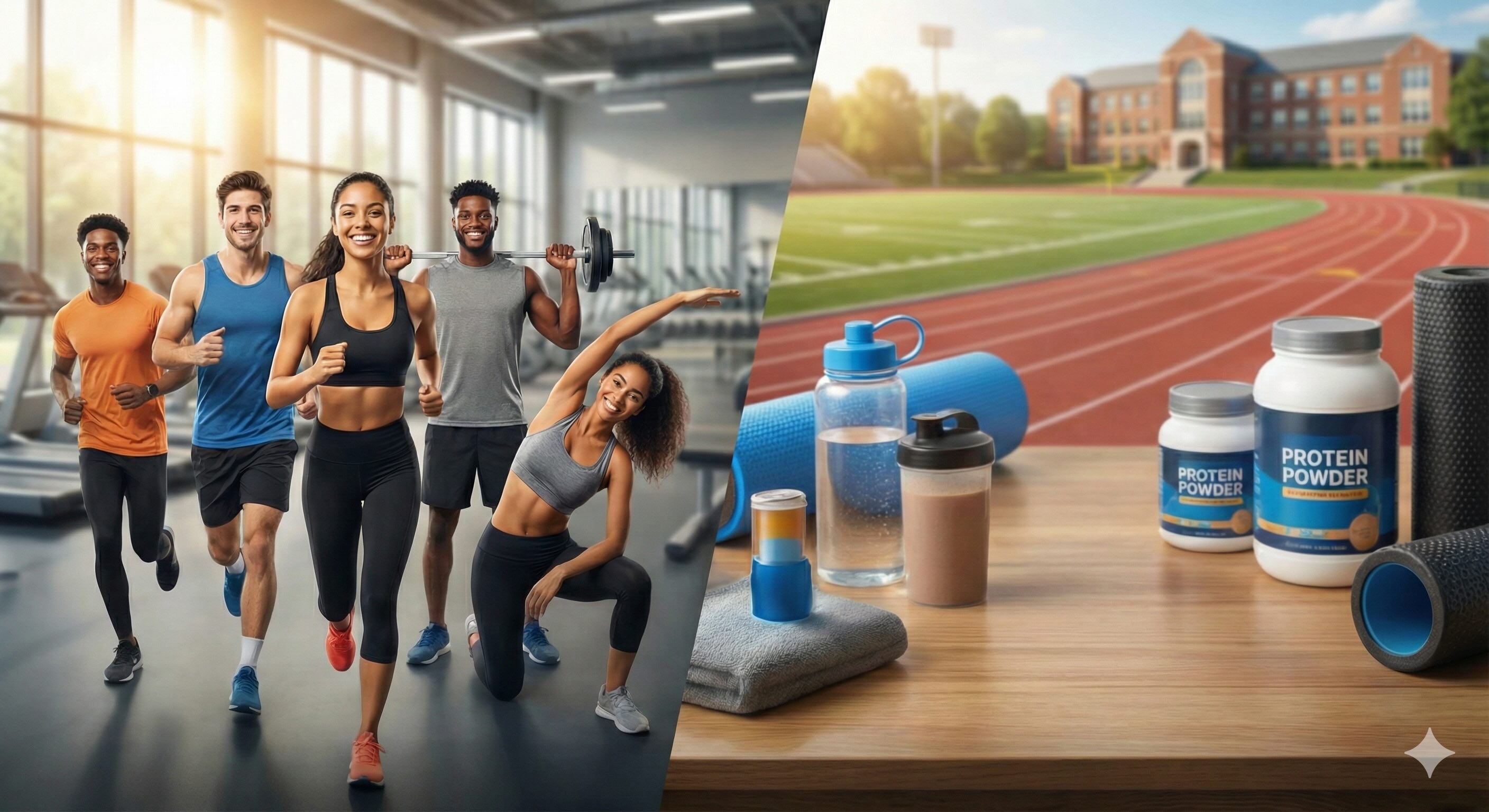
The Cost of Mental Health in Athletics
May is Mental Health Awareness Month. For decades, despite tremendous advancements in medicine around the globe and a growing commitment to wellness, mental health has long been considered a ‘taboo’ topic in athletics that has lingered far too long in the dark. Unlike physical disease and health challenges which are approached as problems to be resolved, there has been a stigma around mental health issues that brings with it undue shame for people who suffer with mental illness and even for their families.
But recently, the light is finally being cast on the importance of understanding, acknowledging, and treating mental health challenges. This May, MOGL is amplifying our commitment to acknowledging these very real and often treatable challenges, educating our readers, and prioritizing good mental health for athletes.
Part of being a competitive athlete is being in the public eye. Sports are a staple of entertainment in the United States and countries around the world, with 21% of Americans being avid sports fans, and 26% being regularly involved in watching sports several times a week. Athletes in turn receive a great amount of attention from the public, especially in today’s world of rapidly expanding social media networks; in turn, more and more athletes are attaining celebrity-like status.
While athletes are often seen as extraordinary and are renowned for their athletic prowess and accomplishments, they are also watched and judged for every minor action, success, and mis-step. Whether the spotlight is focused on their successes or shortcomings, notoriety can be difficult to manage and can come with significant impact on mental health.
The “Larger Than Life” Persona
Being in the public eye can result in athletes no longer being seen as multidimensional individuals with strengths, weaknesses, interests, thoughts, opinions, and talents outside of their chosen sport, and too often the public perceives them as their own personal superheroes who are expected to achieve in athletics at all cost. A world that expects athletes to be perfect and indestructible often doesn’t understand that they are neither; so there are mental and emotional hurdles to clear just by being on public display.
Too often, athletes buy into these unrealistic expectations and place themselves under extreme pressure to deliver perfection, leading to great stress and toll on their mental wellbeing.
Public Criticism
As athletes achieve notoriety, the spotlight illuminates not only every accomplishment, but every mistake as well . Adding onto the internalized pressure athletes already place on themselves to succeed in their sport, there is an expectation of perfection in all aspects of their lives. This hefty obligation can destabilize an athlete’s sense of self-worth and can lead to emotional and mental challenges.
Injury and Mental Health
While the public is largely unaware of the threat mental health issues pose to athletes, most are aware of the physical injuries that athletes endure. What often goes unrecognized and untreated are the inner struggles with mental health that go hand-in-hand with the visible physical injuries sustained by athletes.
With sports being central to an athlete’s life and even personal identity, when injury precludes them from playing or even training for their sport, it comes with significant psychological setbacks. Physical injury can lead to depression, isolation, and decreased motivation. Even after coming back, fear of re-injury is a thought often looming in the minds of athletes, creating a long-term toll on their mental health.
Collegiate Athletes
Virtually all athletes are subjected to various levels and sources of pressure, arguably none more so than collegiate athletes. Expectations of being excellent students and even better athletes is the equivalent of working two full time jobs – and this is at an age when people are maturing into who they are as individuals as they enter adulthood.
In 2015, 30% of collegiate athletes reported feeling seriously overwhelmed, 33% reported lacking energy to meet the physical demands of their sport, and 25% said they were feeling mentally exhausted. This data, collected before statistics regarding poor mental health spiked with the COVID-19 pandemic, makes it clear that the expectations placed on student athletes come at a high cost to their mental and emotional wellbeing.
Struggling to Get Help
When collegiate athletes were surveyed regarding their willingness to seek support from mental health providers, less than half agreed that they would take advantage of the opportunity to do so. The pressure to be great prohibits athletes from accepting they need help and prohibits them from seeking it out. Athletes worry that they will face judgment or be given fewer opportunities when it comes to their sport, so they often don’t get the help they need.
What Now?
Since athletes are so prone to struggling with mental health, it is crucial that they have a supportive environment that encourages them to focus on their mental wellbeing, accept when they need help, and seek it out.
While many athletes entering college are aware of the pressures they will face, it is crucial that a commitment to caring for their mental health is prioritized. It is imperative that coaches, teammates, parents, and friends pay attention and look for signs of issues to ensure they receive the help they need.
It is also important to normalize mental health awareness, and the NCAA and many colleges have taken steps to do so. After all, great performance is only possible with good mental health.







